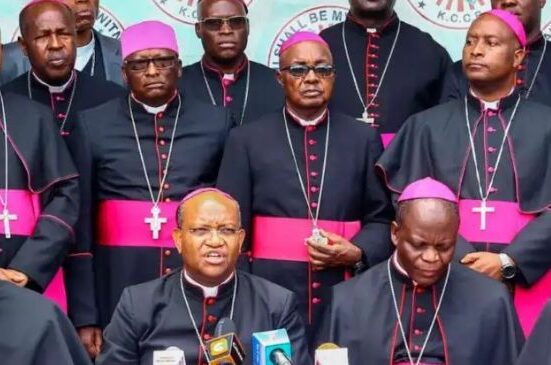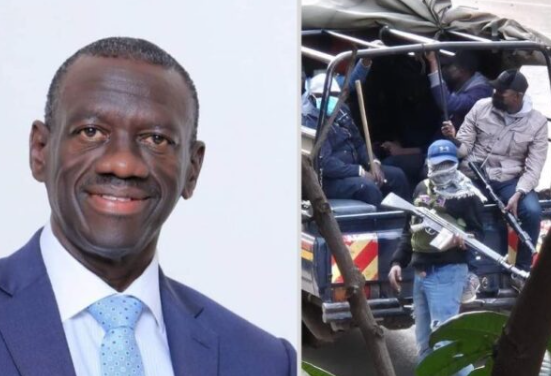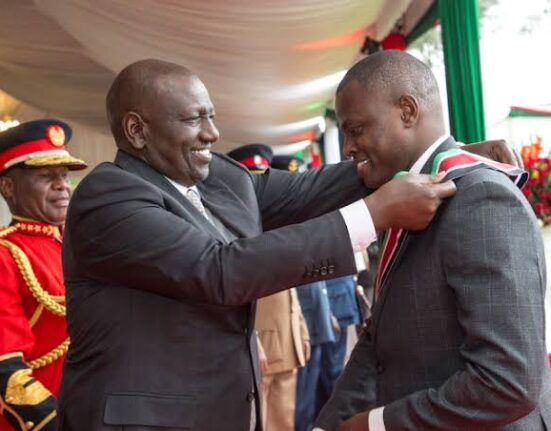Starting Monday, February 24, all teachers and police officers who use government-backed insurance, such as the Teachers Service Commission (TSC), will not be treated in a sector of hospitals.
On Thursday, February 20, all hospitals affiliated with the Rural and Urban Private Hospitals Association of Kenya (RUPHA) declared that they will withhold treatment from civil personnel until their debts are settled.
According to RUPHA, the move was required by the insurer’s failure to pay for services rendered within the previous year.
“We will stop providing medical services to police and teachers using the government insurance from Monday,” announced Rev Joseph Kariuki, Deputy Chairperson, RUPHA.
The umbrella group also threatened to discontinue care for people utilizing the Social Health Authority (SHA). According to RUPHA, this is the final outcome that will drive the government to enhance the services provided under SHA.
“No services to teachers, police, and SHA patients from Monday until the government honours our demands,” asserted Kariuki.
RUPHA demands that the government discharge all pending invoices accumulated under the old National Health Insurance Fund (NHIF) beginning in 2017.
As of December last year, the government owed over Ksh29 billion to private hospitals.
RUPHA states that, despite the government’s vow to erase the debt, it will not continue to provide services unless there is a clear plan for completing the payments.
“Why is it that the Treasury does not value the lives of Kenyans,” the RUPHA chairperson asked.
“The body says its members have had their hospitals auctioned, lost employees, and, as a result, some specialists have refused to offer services,” Rev Kariuki revealed.
“Doctors are now saying they will not treat patients without paying cash.” The hospitals are also demanding that the government examine the Global Budget Capitation for outpatients.
Global budget capitation is a healthcare payment model in which providers are paid a set sum to cover all necessary treatments for a certain population over a given time period.
This method aims to limit costs, encourage efficient resource use, and improve care quality by motivating clinicians to prioritize preventative measures and good chronic illness management.
According to the medics, the government has set a capitation of Ksh900, which equates to around Ksh75 per person per month.
RUPHA wants the capitation examined and altered. SHA has been troublesome since its inception in October of last year, with the government acknowledging the difficulties and proposing a top-down review.













Leave feedback about this